
Common Internet Banking Frauds and Prevention Tips
07 Jul 2023

Table of Content
Internet banking has made financial transactions more convenient and accessible for millions of people worldwide. However, this convenience of online banking comes with the risk of Internet banking fraud.
Cybercriminals are constantly devising new methods to defraud unsuspecting individuals and organisations of their hard-earned money. People need to learn how they can be duped to avoid this from happening. Let us decode some of the most common types of online financial frauds.
10 Common Internet Banking Frauds
Here are the top 10 most common types of online frauds in banking services that one needs to be aware of:
1) Identity Theft
Identity theft is one of the most common forms of Internet banking fraud. Here, cybercriminals steal personal information such as usernames, passwords and other confidential data to impersonate the victim.
2) Malicious Software
Malicious software, also commonly known as malware, is software that is designed to infiltrate or damage computer systems. Malware can be used by fraudsters to gain unauthorised access to the net banking credentials of a person.
3) Employee Initiated Fraud
Employee-initiated fraud is a type of net banking fraud where employees of a financial institution misuse their access to sensitive information and banking systems for personal gain. They can use this information to conduct embezzlement, insider trading and other forms of fraud.
4) Fraudulent Email (Phishing)
Phishing is a common tactic used by fraudsters to trick individuals into sharing their personal information. This is usually done through fraudulent emails that appear to be from legitimate financial institutions. They ask for confidential information such as usernames, passwords and account numbers.
5) e-Transfer Interception Fraud
e-Transfer interception fraud occurs when cybercriminals intercept and redirect legitimate e-transfers intended for a victim's bank account to their own account. They may use various tactics, such as social engineering, malware or hacking.
6) Vishing
Vishing is another common online banking fraud where cybercriminals use voice calls to deceive victims into sharing their personal information. The fraudster usually represents themselves as an executive from a legitimate financial institution and asks the victim to provide their confidential information over the phone.
7) Opening an Account in the Victim's Name (Application Fraud)
Application fraud is a type of Internet banking fraud where cybercriminals open bank accounts in the victim's name without their consent. They may use stolen identities and other fraudulent documents to open these accounts. These bank accounts are then used for illegal activities such as money laundering or transferring stolen funds.
8) SIM Swap
SIM swap is a type of e-banking fraud where cybercriminals trick a victim's mobile service provider into transferring the victim's mobile phone number to a SIM card in their possession. Once they have control of the victim's phone number, they can use it to bypass two-factor authentication measures. Through this, they gain unauthorised access to the victim's online banking accounts.
9) Automatic Transfer System (ATS)
ATS is a serious type of online banking scam that increases financial losses over time if not rapidly solved. Here, fraudsters set up automatic transfers to their own accounts without the victim's knowledge or consent. These automatic transfers may occur at regular intervals automatically.
10) Fake Apps
Fake applications are malicious application copies that are designed such that they mimic legitimate banking apps. These fake applications deceive users into providing their personal information. They are often downloaded from unofficial app stores or websites. In most cases, they contain malware or other malicious software.
How to Prevent Internet Banking Frauds?
Online frauds in banking are getting more and more common. Being aware and careful is necessary to avoid internet banking fraud. As a safety measure, one should take the following precautions:
- Use Strong Passwords: One should create strong and unique passwords for their online banking accounts. They should avoid using easily guessable passwords like birthdates or name-surname combinations and update their passwords regularly.
- Enable Two-Factor Authentication (2FA): Two-factor authentication adds an extra layer of security to online banking accounts. It typically involves using something one knows (such as a password) and something one has (such as a fingerprint or an OTP sent to their mobile) to verify their identity.
- Be Cautious with Emails and Links: One should be cautious with emails, especially those asking for personal information or urging one to click on suspicious links. One should always verify the authenticity of emails and links before providing any confidential information and avoid clicking on links or downloading attachments from unknown sources.
- Keep Software Updated: One should keep their computer, mobile device and all software, including antivirus and anti-malware programs, up-to-date with the latest security patches. This helps protect against known vulnerabilities that cybercriminals may exploit.
- Be Wary of Public WiFi: One should avoid conducting online banking transactions on public WiFi networks, as these networks may not be secure and can be easily intercepted by hackers.
- Check Bank Statements Regularly: One should review their bank statements and transaction history regularly. One should report the bank immediately in case of any suspicious activity.
- Be Skeptical of Unsolicited Calls: One should be sceptical of unsolicited phone calls or messages asking for personal or banking information. Legitimate financial institutions will never ask for confidential information over the phone or through messages.
In a Nutshell
Now, one must be aware of some of the most common online banking frauds and its types. Internet banking frauds are constantly evolving, and it's crucial to be vigilant and take necessary precautions to protect oneself and their finances.
By being aware of the common types of e-banking frauds and following best practices for online security, one can easily reduce the risk of falling victim to these fraudulent activities.
Bank of Baroda has put multiple security measures in place to ensure that their customers' accounts are safe. As everything is moving online, so are the core banking services. BOB ensures that its customers feel safe while conducting their transactions online. For a safer, more rich and secure internet banking experience, open an account with BOB today.
Popular Articles
Guide to Getting Agriculture Loan: Application, Eligibility & Required Documents
Tag Clouds
Related Articles

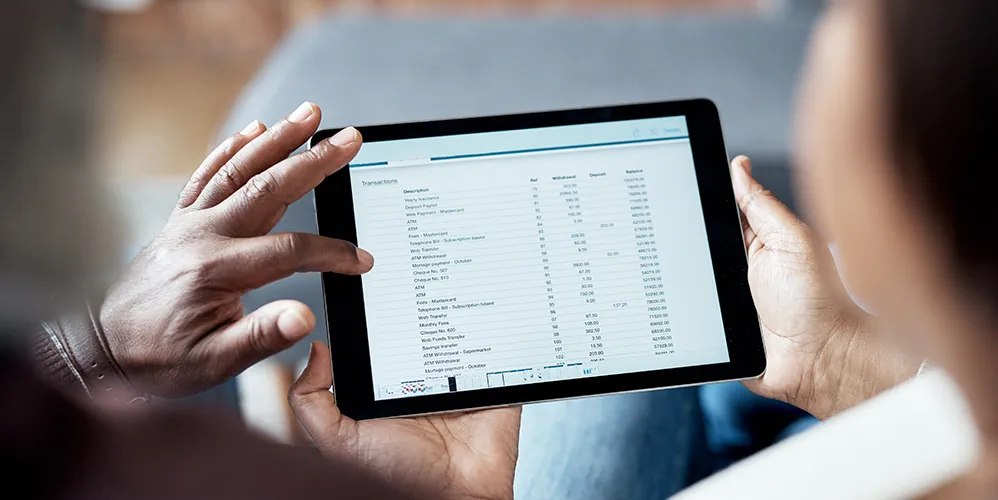
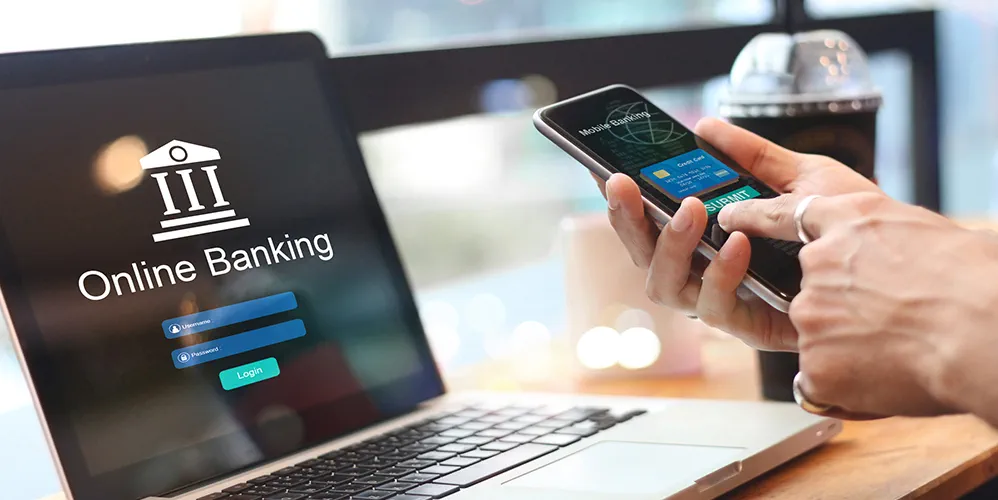


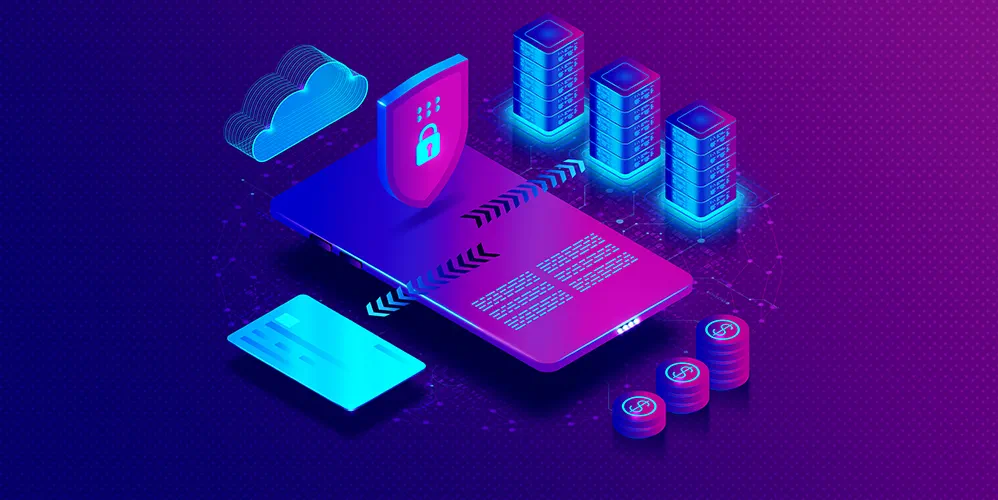
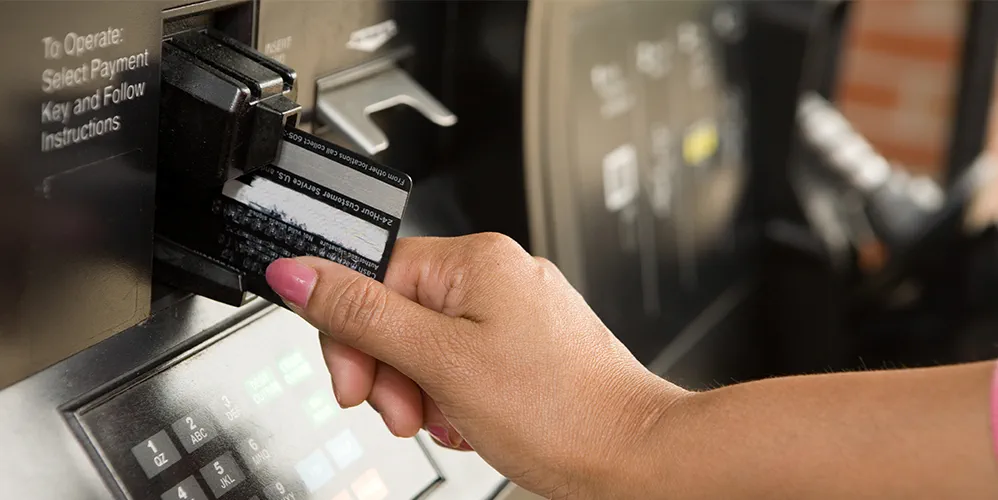

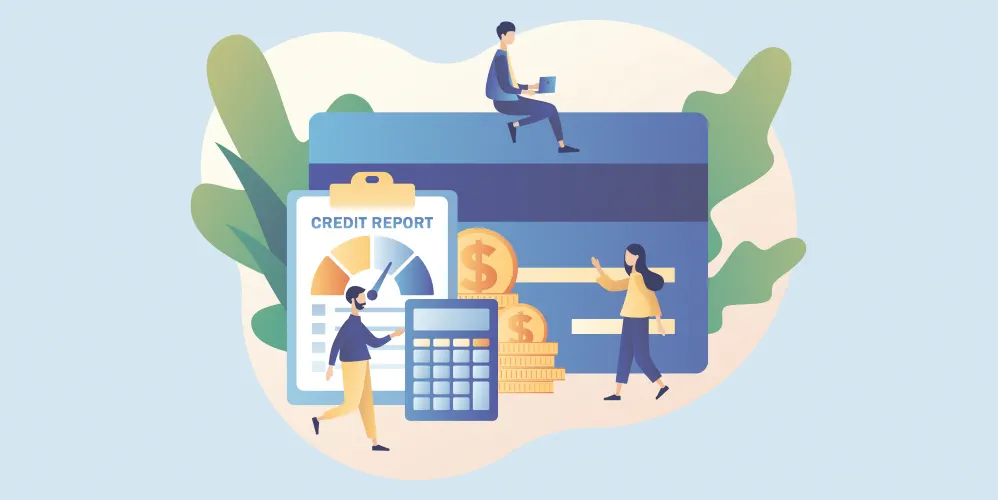
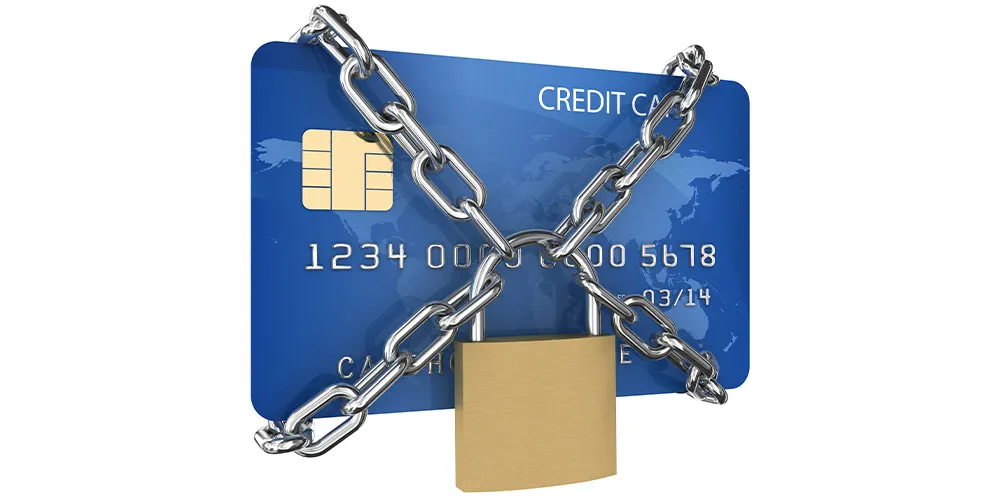
-
Disclaimer
The contents of this article/infographic/picture/video are meant solely for information purposes and do not necessarily reflect the views of Bank of Baroda. The contents are generic in nature and for informational purposes only. It is not a substitute for specific advice in your own circumstances. Bank of Baroda and/ or its Affiliates and its subsidiaries make no representation as to the accuracy; completeness or reliability of any information contained herein or otherwise provided and hereby disclaim any liability with regard to the same. The information is subject to updation, completion, revision, verification and amendment and the same may change materially. The information is not intended for distribution or use by any person in any jurisdiction where such distribution or use would be contrary to law or regulation or would subject Bank of Baroda or its affiliates to any licensing or registration requirements. Bank of Baroda shall not be responsible for any direct/indirect loss or liability incurred by the reader for taking any financial decisions based on the contents and information mentioned. Please consult your financial advisor before making any financial decision.
What Are The Types of Internet Banking?
The arrival of internet banking has transformed the way one manages their finances. It has revolutionized the banking sector. Customers can now access their bank accounts from the comfort of their homes or offices.
Key Features and Advantages of Internet Banking
Internet banking, also known as online banking or e-banking, has become a default mode of banking transactions for most individuals and businesses to manage their finances. With the advancement of technology, internet banking has revolutionized the way people conduct their banking transactions. The bouquet of features of Internet banking makes the banking experience more convenient and efficient. These features have made this mode of banking popular among account holders. So, what are the online banking advantages and disadvantages? Keep scrolling!

